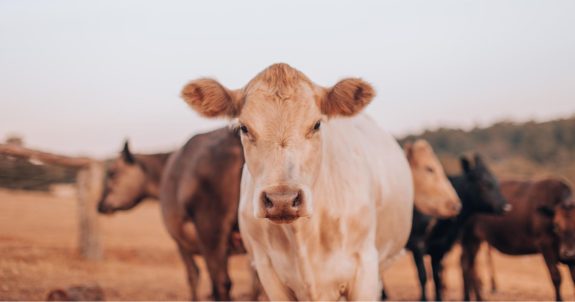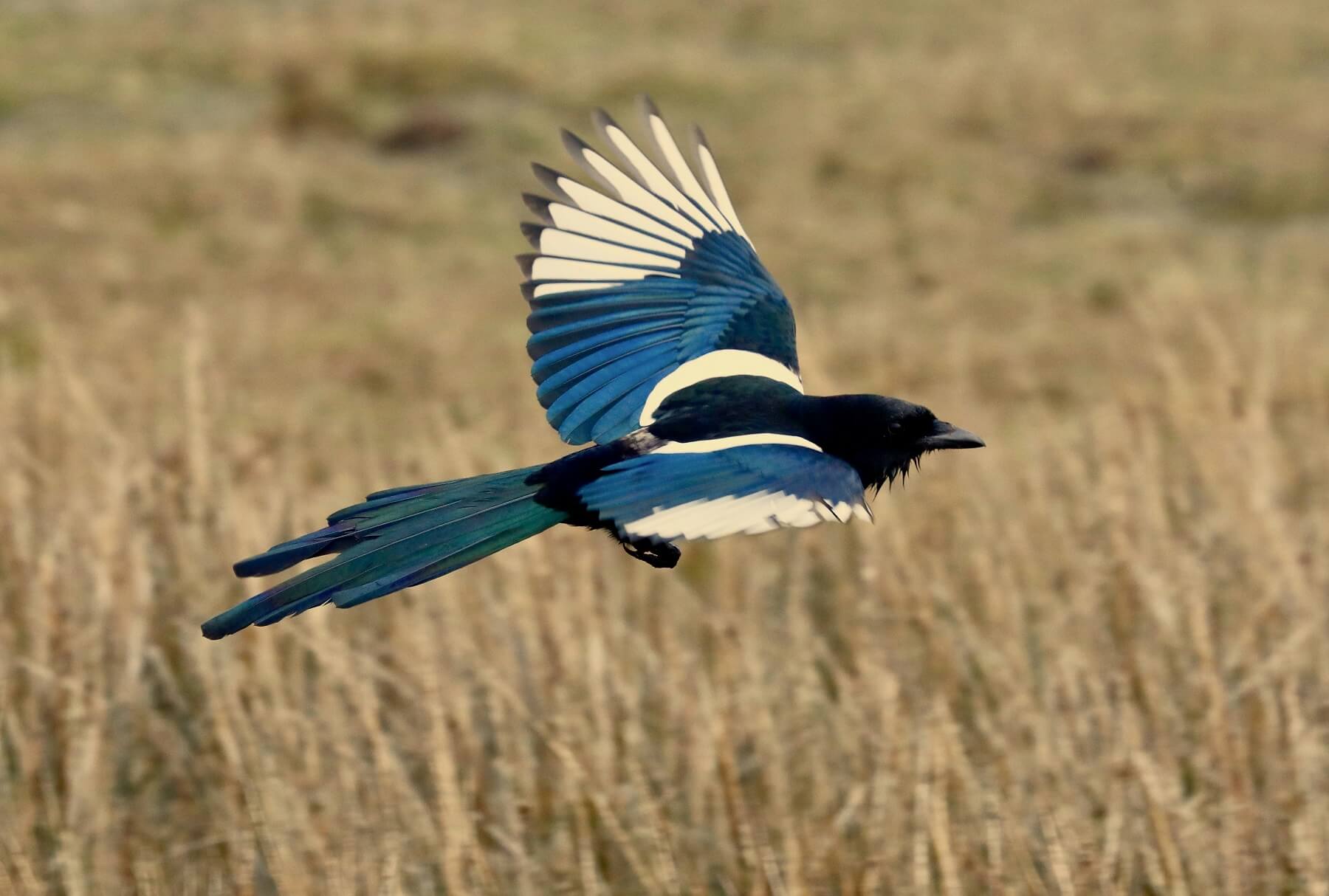Table of Contents
Canada is going to the polls on April 28, 2025! Let’s make animals a priority for political leaders, and help drive positive change for animals.
Unfortunately, Canada has some of the worst animal protection laws in the Western world, lagging far behind other developed nations. While polls show Canadians overwhelmingly care about animals, there are no national laws protecting animals from suffering behind closed doors at farms, labs, fur farms, and roadside zoos. Abuse and neglect run rampant.
Animal Justice’s 2025 Election Priorities
Animal Justice has played a major role in driving legal change for animals at the federal level. Here are our top priorities in this election:
🐴 Ending Live Horse Exports for Slaughter: Thousands of Canadian horses are flown to Japan in cruel conditions every year to be violently slaughtered, despite overwhelming public opposition to this practice. A bill to outlaw exports failed to pass before the election was called.
🐘 Banning Captivity for Elephants, Great Apes, & Big Cats: These highly intelligent, social animals suffer immensely in captivity and when used for entertainment. A bill to outlaw the keeping of elephants and great apes failed to pass before the election was called.
🐰 Funding Alternatives to Animal Testing: Canada should invest in modern, cruelty-free research methods to replace outdated and ineffective animal experiments. Due to lack of government investment, the Canadian Centre for Alternatives to Animal Methods was forced to close its doors. It must reopen.
🐾 A National Animal Protection Act: Canada lacks comprehensive federal animal welfare legislation, leaving animals vulnerable to weak and inconsistent protections across the country.
🐷 Stronger Protections for Farmed Animals: Canada slaughters 860 million land animals annually, yet there are no federal laws regulating their treatment on farms and banning cruel practices like caging animals, or cutting off their beaks and tails. Our transport laws are abysmal—allowing animals to be crammed into overcrowded trucks or aircraft for long hours, exposed to extreme weather without food, water, or rest.
🦊 Banning Fur Farming: Fur farms confine wild animals in cruel wire cages, put public health at risk, and have already been banned in several countries due to ethical and biosecurity concerns.
🌱 Investing in the Plant-Based Food Industry: Increase investment in the plant-based protein sector to strengthen Canada’s economy, protect animals, improve public health, and help combat climate change.
Party Survey Results
Animal Justice has contacted all major federal parties with a questionnaire outlining our top animal protection priorities. See responses from participating parties below.
This section will continue to be updated as responses come in.
In their response, they emphasized a commitment to safeguarding ecosystems and biodiversity, expressed openness to legislation that would protect elephants, great apes, and big cats from captivity, and voiced strong support for banning live horse exports for slaughter.
View the full response here.
This law contains a whole chapter on care obligations, and takes into consideration the fact that:
- the condition of animals has become a societal concern;
- animals contribute to the quality of life of Quebec society;
- the human species has an individual and collective responsibility to ensure to the welfare and safety of animals;
- the animal is a being endowed with sensitivity having biological imperatives;
- the State considers it essential to intervene in order to establish a regime effective legal and administrative measures to ensure the welfare and safety of the animal.
- by reducing the number of hours an animal can travel without water, food or rest;
- by defining the size and material of the cages/enclosures used for transport, or even setting up specially designed areas;
- by regulating the temperature and ambient noise, knowing that horses are animals with much more acute senses than humans;
- by studying the impacts of a general ban on the export of live animals overseas for slaughter (as several countries have already done).
Thus, the Bloc Québécois’ decision to vote AGAINST the principle of the bill should not be interpreted as a desire to reduce or deny the facts that led to the presentation of this bill. On the contrary, Canada does export live horses by air for slaughter under conditions that, even if they comply with Canadian regulations and laws, are criticized by many. We believe that we should review these regulations before proceeding with the study of a bill prohibiting this transport. This is what we wish to work on by improving current laws and regulations so that these rules apply to all animals and not just horses (equines).
We believe that action should first be taken on export conditions, in order to make them safe for animals, for example: by re-evaluating the number of hours an animal can travel without water, food or rest; by defining the size and material of the cages/enclosures used for transport, or even by setting up specially designed areas; by regulating the temperature and ambient noise, knowing that horses are animals with much more acute senses than humans.
All animals are important, and many of them, like horses, have contributed and continue to contribute to building and developing Canada and Quebec (cattle, poultry, sheep, goats). Furthermore, without healthy animals, our agricultural and agri-food industries would collapse.
The reality is that Canada and Quebec also export other types of live animals (by various means of transport). It would therefore be interesting and wise to consider other types of transport, particularly road transport, which is much more common.
However, given the procedure and practices of the House, we were unable to amend the bill, since our amendments to strengthen animal transport standards would broaden the scope of the bill, and therefore change its principle. Hence our dissenting position.
Furthermore, the Quebec government is already taking action to analyze and prevent the risks of climate-related infectious diseases. The Quebec National Institute of Public Health monitors zoonoses, such as Lyme disease. The Quebec Multi-Party Observatory on Zoonoses and Adaptation to Climate Change tracks the evolution of zoonoses and proposes concrete actions for prevention and adaptation.
In Quebec, the Regulation respecting animals in captivity “determines the conditions for capturing and importing an animal, the standards and conditions for keeping an animal in captivity, selling and disposing of an animal, as well as the species permitted for keeping without a permit.”
In the federal government, the Wild Animal and Plant Protection and Regulation of International and Interprovincial Trade Act “aims to implement the Convention on International Trade in Endangered Species of Wild Fauna and Flora (CITES) by establishing rules concerning international and interprovincial trade in certain wild species.”
According to the World Health Organization (WHO), wild animals “are the source of more than 70% of all emerging infectious diseases in humans, many of which are caused by novel viruses.” In April 2021, the WHO recommended suspending the sale of live wild mammals.
The Bloc Québécois supports strengthening regulations aimed at controlling health risks and ensuring animal welfare if the will and legislative powers of Quebec are respected.
Grain and oilseed cultivation is very important in Canada, but it is often genetically modified, which, in the long term, can lead to trade barriers for countries with stricter regulations, such as the European Union.
The Bloc Québécois endorses Quebec’s vision, which lays the foundation for future advances in animal rights. While we support Canada’s role in protecting animals, we do not need Canada to assert our values and advance rights.
In Quebec, the Regulation respecting animals in captivity “determines the conditions for capturing and importing an animal, the standards and conditions for keeping an animal in captivity, selling and disposing of an animal, as well as the species permitted for keeping without a permit.” The Bloc Québécois supports strengthening regulations aimed at controlling health risks and ensuring animal welfare if the will and legislative powers of Quebec are respected.
When federal laws or regulations are compatible or consistent with Quebec laws and the will of the Quebec legislature, the Bloc Québécois supports agreements on policy harmonization. We oppose when the approach favored in Ottawa is to impose pan-Canadian standards, because this practice most often has the effect of thwarting or harming the actions of the Quebec government.
We support a national Animal Protection Act. We will recognize animals as sentient beings and ensure humane treatment. We will update the Criminal Code to move animal cruelty crimes out of the property section. We back tougher penalties for abuse. We also support bans on ownership in severe cases and improved enforcement. Protecting animals is a core Green Party value.
We support regulating animal welfare conditions on farms. Our policies include:
- Enforceable standards for humane treatment on farms
- A ban on extreme confinement practices
- We will provide funding to help farmers transition to higher-welfare systems
- Prohibiting cruelty and inhumane practices
- Phasing out routine antibiotic use in animal farming
We will improve farmed animal transport laws by:
- Setting strict limits on transport times and requiring rest periods
- Banning the transport of unfit or heavily pregnant animals
- Requiring improved vehicle conditions and humane handling
- Increasing inspections and oversight
- Mandating driver training and independent competence assessments
- Requiring veterinarians to be present during long journeys
We support banning horse exports for slaughter. Horses should not endure the stress and cruelty of long-distance transport. Our platform calls for reforms that protect animal rights and reduce suffering.
Our platform includes:
- Prohibiting wild animals in circuses, traveling shows, and novelty acts
- Stopping the importation and breeding of wild animals for public display, except in verified conservation efforts
- Ending practices that harm or exploit animals for entertainment
We support government funding for the Canadian Centre for Alternatives to Animal Methods (CCAAM). The Green Party wants to reduce and eventually stop using animals in research, testing, and education. Our platform includes:
- Creating and validating non-animal test methods
- Automatic acceptance of valid non-animal methods
- Coordinated efforts to replace animal testing
The Green Party supports increasing investment in Canada’s plant-based food industry. We want to:
- Encourage Canadians to eat more plant-based foods to improve health and protect the environment
- Shift subsidies to support sustainable plant-based farming
- Invest in plant-based food industries to help them grow and compete
The Green Party supports phasing out fur farming in Canada. We believe animals should not be exploited for fashion. Fur farming causes unnecessary cruelty. We will work to end it and eliminate government subsidies that support it.
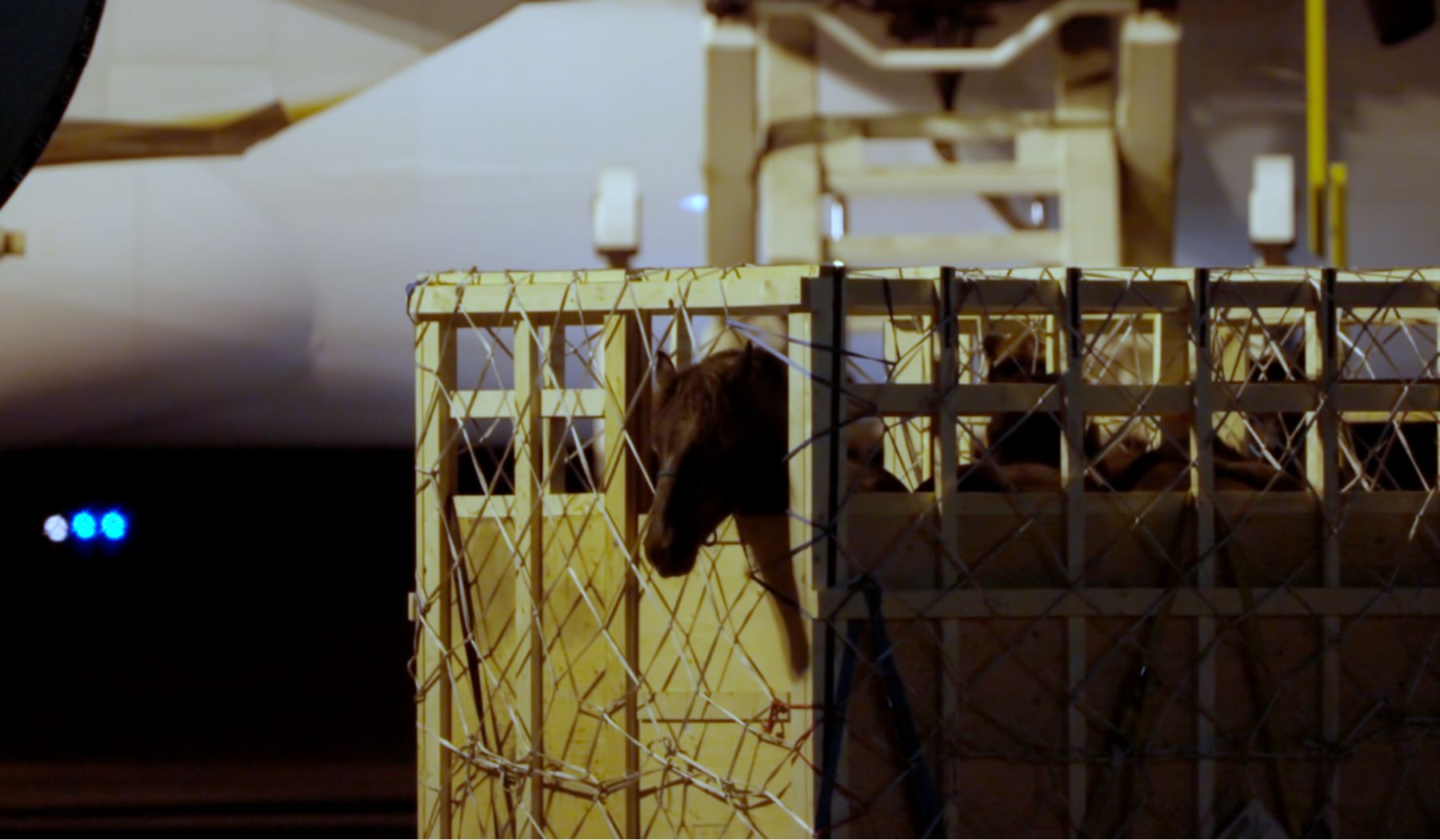
Progress & Challenges in Passing Animal Protection Laws
Historically, there was little action to help animals at the federal level. Up until 2019, no significant new animal protection laws had passed in over a hundred years. While the state of animal protection is dire, there has been progress in recent years, thanks to pressure from caring Canadians who let politicians know how they feel. Since then, a handful of animal-friendly politicians pushed relentlessly to improve legal protections for animals. Now, Canada has banned whale and dolphin captivity, outlawed shark fin imports, closed loopholes on bestiality and animal fighting, prohibited cosmetic testing on animals, and passed laws to phase out painful toxicity tests on animals.
But, two animal protection bills failed to pass in this past Parliamentary session, despite widespread public support:
- Bill C-355: banning the live export of horses to Japan for slaughter
- Bill S-15: banning great ape and elephant captivity
The Liberal government had promised to ban live horse exports in the last election, but didn’t make good on this promise before the election was called. It is urgent that politicians hear the message loud and clear: Canadians want to see this cruel practice banned immediately.
Federal ag gag bill Bill C-275 was also introduced during the last Parliament by Conservative MP John Barlow, aiming to conceal animal cruelty on farms under the false guise of biosecurity. Fortunately, the bill was amended in the Senate to fix some of the negative consequences, and then died when the election was called.
Passing animal protection laws is challenging due to the powerful lobby groups that fight to block any progress for animals. But positive change is still happening, thanks to relentless advocacy from groups like Animal Justice and our supporters, and animal-friendly politicians who help move Canada forward in a compassionate direction.
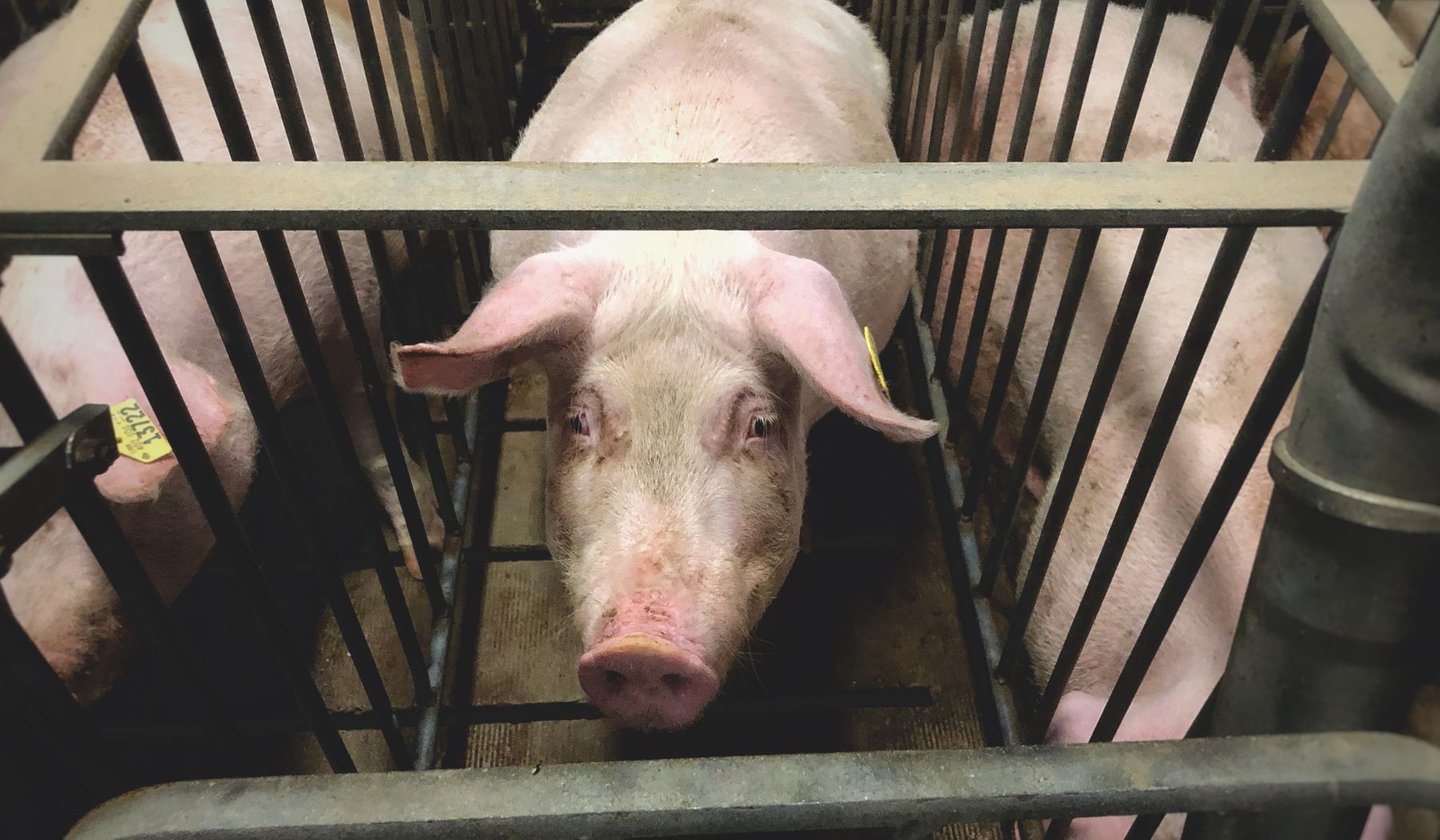
Federal Party Track Records on Animal Protection
Explore federal parties’ track records on animal protection by seeing what bills were supported and what election promises were made for animals (and kept!).
- Liberal Party
- NDP
- Bloc Québécois
- Green Party
- Conservative Party
- Liberal
- Conservative Party
- NDP
- Bloc Québécois
- Green Party
- None
- Liberal Party
- NDP
- Bloc Québécois
- Green Party
- Conservative
- Liberal
- Conservative Party
- NDP
- Bloc Québécois
- Green Party
- None
- Liberal
- Conservative Party
- NDP
- Bloc Québécois
- Green Party
- None
- Liberal Party
- NDP
- Green Party
- Conservative Party
- Bloc Québécois
- Liberal Party*
- Bloc Québécois
- Conservative Party
- NDP
- Green Party
- NDP (one MP voted no)
- Green Party
- Liberal Party*
- Conservative Party*
- Bloc Québécois*
*Two Conservative MPs voted yes
*One Bloc MP voted yes
In the 2021 federal election, most major parties pledged to pass stronger animal protection laws for the first time ever. The following campaign promises are directly pulled from party platforms. The Liberal Party won the last election, and whether they fulfilled their promises is included.
- Introduce legislation to end cosmetic testing on animals as soon as 2023 and phase out toxicity testing on animals by 2035
✅ Laws were passed - Work with partners to curb illegal wildlife trade and end elephant and rhinoceros tusk trade
✅ Laws were passed - Introduce legislation to protect animals in captivity
✅ Introduced Bill S-15, but it did not pass before the election was called - Ban the live export of horses for slaughter
🚫 The government didn’t introduce its own legislation. Two private members’ bills were introduced, but did not pass before the election was called - Work with partners to help women and children fleeing violence stay united with their companion animals
🚫 No implementation
- Ban puppy mills and stop imports of animals bred inhumanely
- Strengthen the CFIA’s ability to enforce regulations and seize animals imported under poor conditions
- Ban cosmetic testing on animals
- Add animal cruelty as an aggravating factor in domestic violence prosecutions
- Support pet owners fleeing violence by improving shelter options
- Provide $10 million/year to train judges and prosecutors on the link between violence towards animals and people
- Work with education councils to promote animal welfare in schools
- Launch a 10-year nature plan to reverse species loss.
- Commit to curbing the import and domestic trade of wild animals.
None
- Adopt legislation to prevent inhumane treatment of farm animals with standards on housing, transport, and slaughter.
- Encourage reduced animal protein consumption, aligning with the Canada Food Guide while respecting cultural diversity.
- Promote plant-based eating for sustainability and ecosystem health.
- Restructure $3B agriculture framework to support ecological and humane farming (e.g., regenerative, organic, localized).
Watch the Animal Protection Debate
Tune in to the National Animal Protection Debate livestream to hear where the main political parties stand on strengthening animal protection in Parliament.
📅 Date & Time: Wednesday, April 23 at 12 pm ET
📍 Location: Online
🎤 Participating Candidates:
- Liberal Party: Nathaniel Erskine-Smith
- NDP: Alistair MacGregor
- Bloc Québécois: Yves Perron
- Green Party: Elizabeth May
👤 Moderator: Journalist Karman Wong
✅ Save the date! Registration will open soon
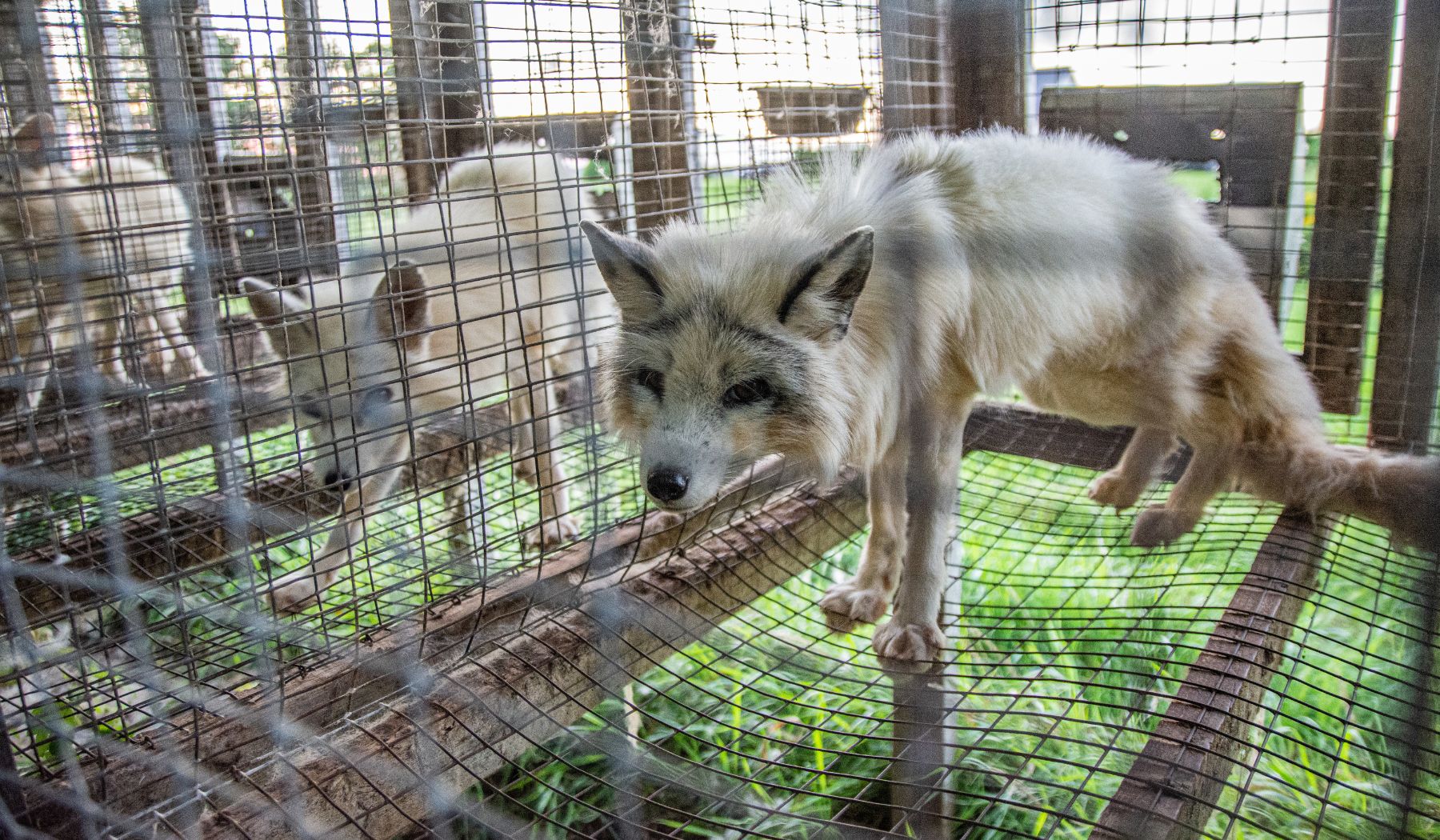
Photo: Balvik C. | We Animals
Ways to Help Animals Win This Election
1. Email Candidates in Your Riding
Urge candidates in your riding to make animal protection a priority in their party’s platform.
2. Use Our Election Toolkit
Learn about what local candidates will do to protect animals, and help animal-friendly politicians get elected.
- 🎤 Attend Local Events & Debates: Participate in town halls, debates, and public forums where candidates present their platforms. Ask candidates about their position on animal protection issues—especially Animal Justice’s priority election issues listed above.
- ☎️ Contact Campaign Offices: Reach out by phone or email to ask candidates where they stand on animal issues.
- 🚪 Door-to-Door Canvassing: Volunteer for a candidate in your riding who supports animal protection goals. Make sure you tell them that’s why they have your support.
- 💵 Donate to a Candidate: Support a candidate who supports animal protection issues. Make sure they know you donated because of their strong stance on animals.
- 🤝 Join a Candidate’s Team: Offer your time to a candidate who supports animal issues. Volunteering on a campaign is one of the best ways to develop a strong relationship with your local representative, and show them that having a strong stance on animals can bring in support.
- 🪧 Lawn Signs & Posters: Display campaign materials for candidates who advocate for animal issues.
- 📱 Share Information Online: Use social media platforms to share candidates’ positions on animal issues.
3. Take the Workshop
Join Animal Justice Executive Director Camille Labchuk, political outreach veteran Franz Hartmann, and Animal Justice Academy Director Kimberly Carroll for a power-packed workshop on how to ensure animal protection is part of the conversation in this federal election.
Take Action: Put Animals on the Election Agenda!
Elections are a powerful moment to speak up for animals, and every vote counts towards ensuring the future is brighter. Let’s work together to elect lawmakers who will fight for animals and fix Canada’s outdated animal protection laws!
Submit the form below to contact your local candidates and ask how they plan to help animals if elected.

